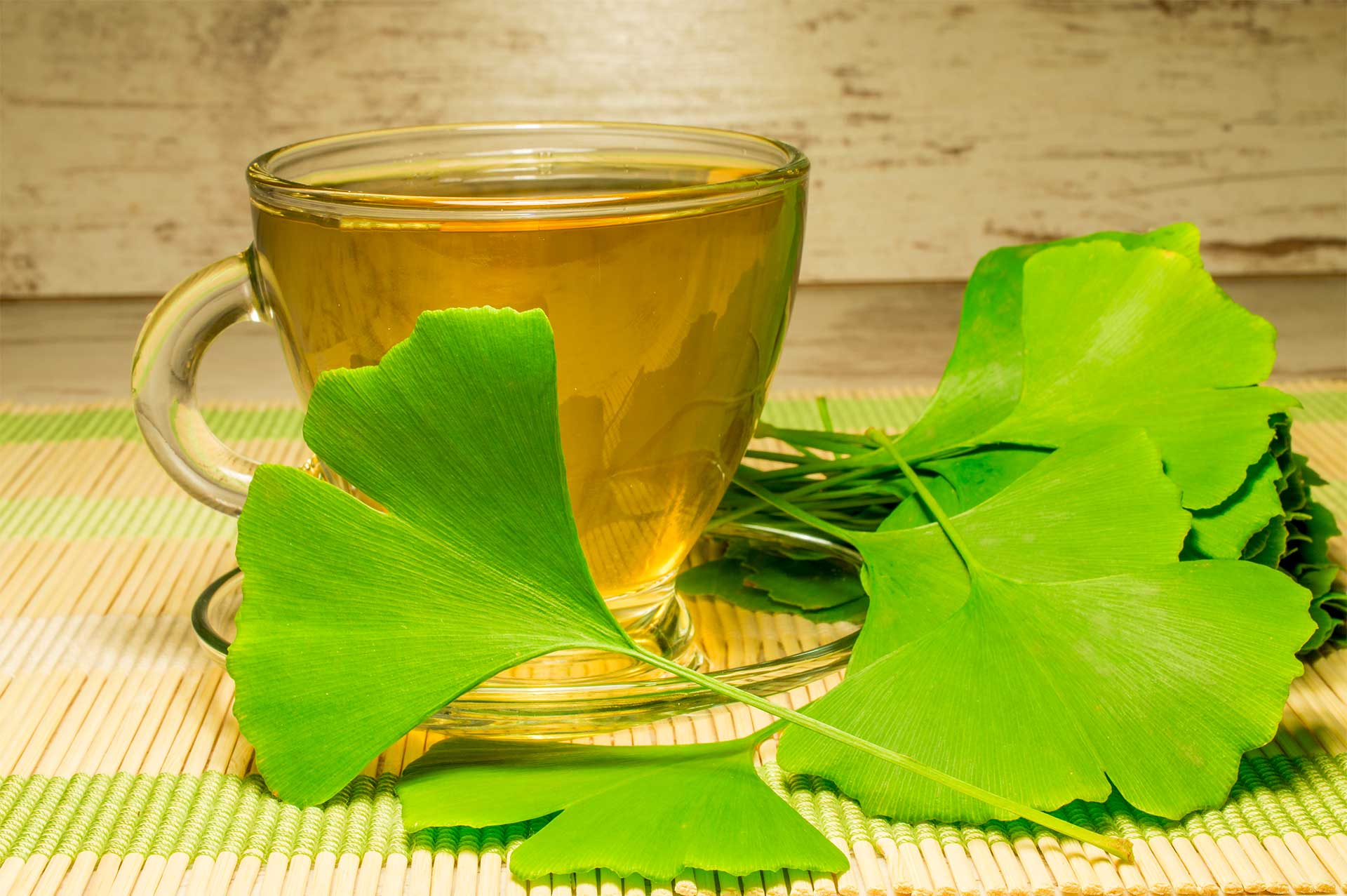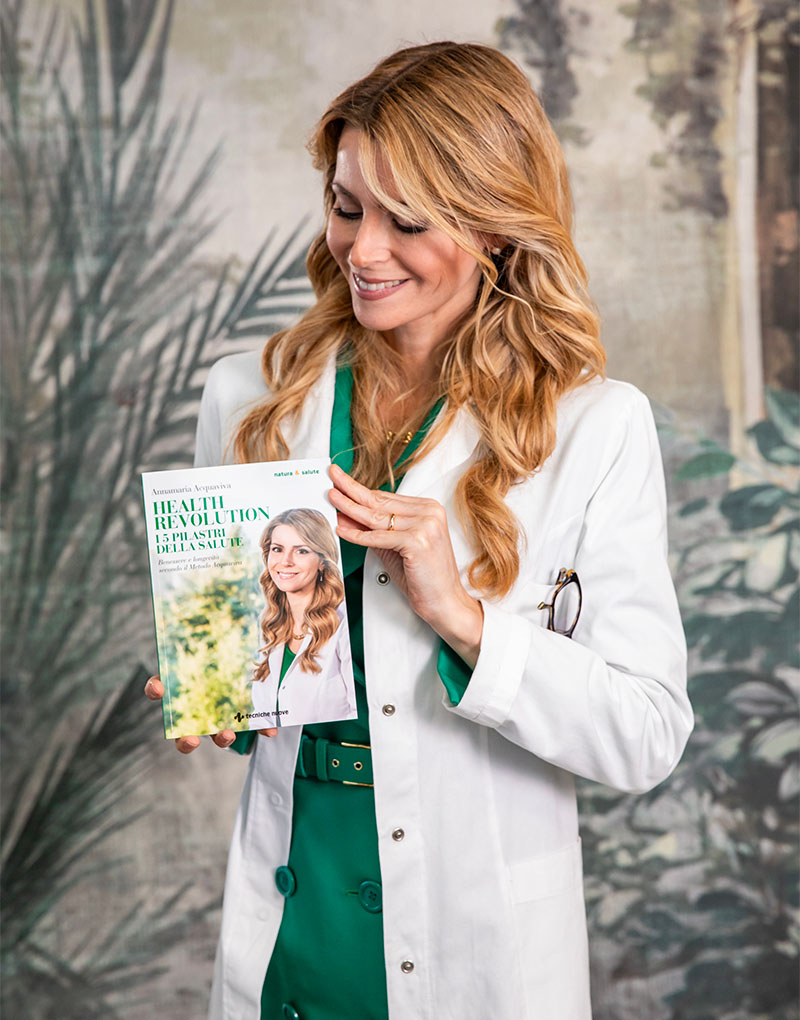
Ginkgo biloba, the silver apricot
Of all the medicinal herbs I have studied, Ginkgo Biloba has the ability to slow cognitive decline in adults and improve some diseases of the retina, an eye membrane.
Ginkgo (Ginkgo Biloba) is an ancient plant, belonging to the Ginkgoaceae family, whose origins date back about 250 million years. For this reason it is considered a living fossil.
The properties of Ginkgo Biloba are found in the many constituents of which it is composed: in particular, in the leaves there is the terpene bilobalide, which is present in the largest quantities, while a multitude of ginkgolides, especially A, B and C, account for another large part of its active ingredients. In addition, there are quercetin and flavonoids, including kampferol and procyanidin.
Because it is a plant rich in therapeutic properties, it is known, especially in the Western world, in the form of a dietary supplement.
Ginkgo Biloba extracts have been used to treat cognitive decline and certain disorders with vascular origins and metabolic syndromes. In addition, they also have powerful antioxidant action, among the strongest known and for this very reason they counter the effects of physical and mental stress.
Continuous administration, in controlled doses, of Ginkgo extracts has been shown to increase concentrations of natural antioxidants and decrease the levels of cortisol.
Did you know that the retina, like other tissues in the central nervous system, is also susceptible to damage from oxidative processes that cause various neurodegenerative diseases? The use of antioxidants is a solution to some health problems caused by oxidative stress because these substances regulate redox homeostasis and reduce oxidative stress.
In line with this, it has been studied by Martìnez-Solìs and colleagues(1), that Ginkgo Biloba has antioxidant effects in several degenerative processes, including retinal diseases associated with neurodegeneration.
The information leads to the conclusion that Ginkgo extracts may be a good option to improve some retinal neurodegenerative diseases.
GINKGO BILOBA HERBAL TEA

Ginkgo Biloba Herbal Tea
Pour one tablespoon of Ginkgo Biloba leaves into a cup of boiling water. Cover and let it steep for 10 minutes. Strain the herbal tea before drinking and, at your liking, you may sweeten it with honey or stevia.
I recommend consuming a maximum of two cups per day, away from meals, to get the most out of its antioxidant and anti-inflammatory properties.
SOURCES:
- Martínez-Solís I, Acero N, Bosch-Morell F, Castillo E, González-Rosende ME, Muñoz-Mingarro D, Ortega T, Sanahuja MA, Villagrasa V. Neuroprotective Potential of Ginkgo biloba in Retinal Diseases. Planta Med. 2019 Nov;85(17):1292-1303.
PubMed.gov: https://pubmed.ncbi.nlm.nih.gov/31266069/
Can I help you?
Health Revolution: the 5 pillars of health
The book where I collected tools and strategies to apply my scientific method based on the 5 pillars of health.
How to achieve balance between body and mind, helping us face life's challenges.


